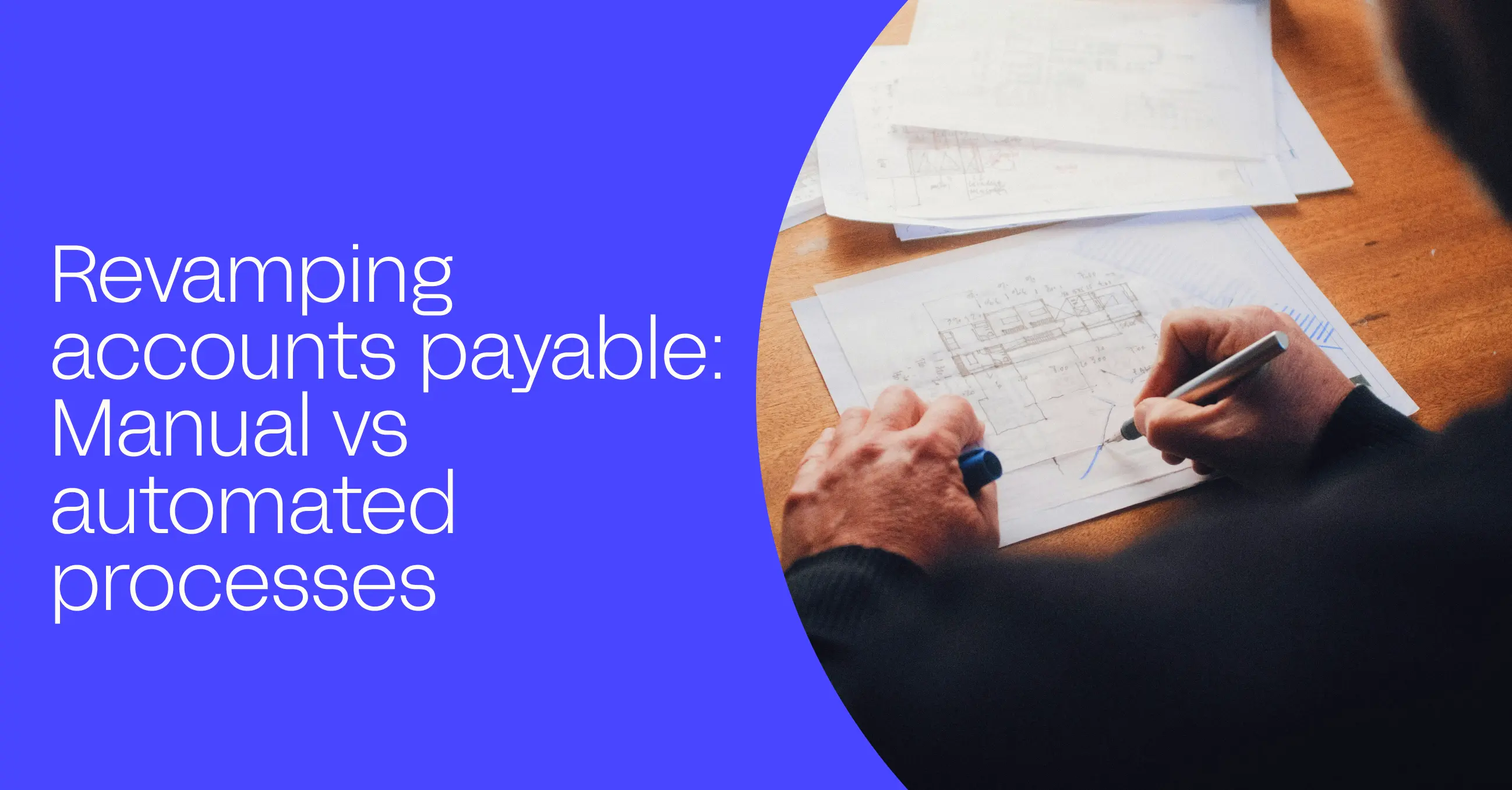Artificial Intelligence (AI) is streamlining processes, improving decision-making, and ultimately changing the face of finance. Routable recently hosted a webinar with Nicolas Boucher, the founder of the AI Finance Club. We covered a number of topics about AI in finance including the rise of AI, data security, and what the future holds for finance professionals now that AI is here.
Here’s what we covered:
AI in Finance – Operations
AI is redefining financial operations, fundamentally changing how companies approach accounts payable, financial forecasting and fraud detection. Companies using AI in accounts payable report an 80% reduction in manual work, resulting in greater efficiency and accuracy.
Key benefits:
- Automated data entry and reconciliation
- Faster approval workflows with minimal human intervention
- Reduction in human errors and operational bottlenecks
- Real-time visibility into financial transactions
By automating workflows, finance teams can focus on strategic initiatives rather than repetitive data entry.
The Rise of AI in Finance
AI is no longer a trend – it’s a necessity for finance departments to stay competitive. More and more companies are integrating AI into their existing infrastructure to accelerate decision making.
Trends driving AI adoption:
- Need for real-time data analysis
- Financial fraud and compliance requirements
- AI-driven forecasting models
Studies show that 65% of finance professionals have encountered invoice fraud, so fraud prevention is a top priority for AI implementation. Machine learning algorithms are now an essential part of financial forecasting, providing data-driven insights that were previously impossible. By analyzing historical trends, AI identifies seasonal fluctuations and predicts future revenue with remarkable accuracy.
Use cases of AI forecasting:
- Sales and revenue prediction for better resource allocation
- Spending pattern identification for budgeting
- Automated risk assessment in investment planning
Companies using AI forecasting tools have seen 42% customer retention after 23 months, which shows the value of predictive modeling in long-term planning.
Generative AI: A New Efficiency in Finance
Generative AI is bringing new efficiencies to finance by automating document analysis, reporting, and anomaly detection.
Key applications:
- Fraud Detection: AI-driven systems proactively identify suspicious invoices, unauthorized modifications, and payment anomalies.
- Predictive Analysis: Advanced models anticipate revenue fluctuations so businesses can make proactive financial decisions.
- Process Automation: AI-driven workflows optimize financial approvals, reconciliation, and expense tracking, minimizing delays and administrative burdens.
As fraud prevention is a top concern, AI’s ability to compare historical financial data with real-time transactions ensures greater accuracy in detecting anomalies. By using intelligent automation, companies can mitigate risks and protect their assets.
AI-Driven Security and Compliance
As AI becomes more embedded in financial systems robust security is key. Top tech providers like Microsoft, Google and AWS have implemented strict compliance frameworks to protect financial data.
Security AI brings to finance:
- Encryption and Access Control: Protects financial records
- Real-time Anomaly Detection: Flags suspicious transactions instantly
- Automated Compliance Audits: Ensures regulatory compliance without manual intervention
As AI is scaled up ensuring AI operates within secure parameters will be crucial.
The Future of AI in Finance
The next era of AI in finance will be about deeper ERP integrations, more advanced predictive analytics and intelligent decision making models. AI-powered solutions will refine operational efficiency further so financial professionals can move from manual oversight to strategic planning.
Future of AI-driven finance:
- Self-learning AI models: Can adapt to new financial patterns
- Hyper-personalised financial recommendations: Business and consumer insights
- AI-powered decision support systems: Automates reporting and risk analysis
Companies that adopt AI-driven transformation will get a head start, those that don’t will struggle to keep up.
Summary
AI is changing finance, making operations more efficient and decision making more data driven. From automating invoices to redefining financial forecasting AI tools help businesses cut costs and improve financial flexibility.
Key points:
- AI-driven automation has reduced manual work by 80% in financial operations.
- Companies using predictive analytics have seen 42% customer retention.
- AI-powered fraud detection has saved companies an average of $1M per year.
As AI continues to grow its adoption in finance will only increase, the possibilities are endless.



